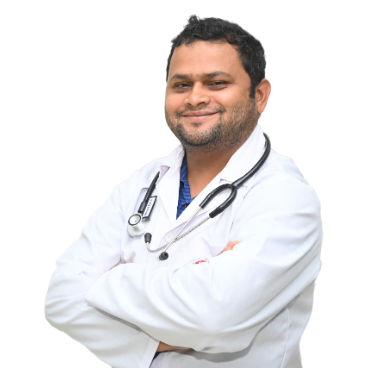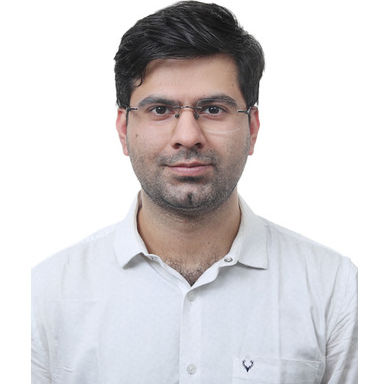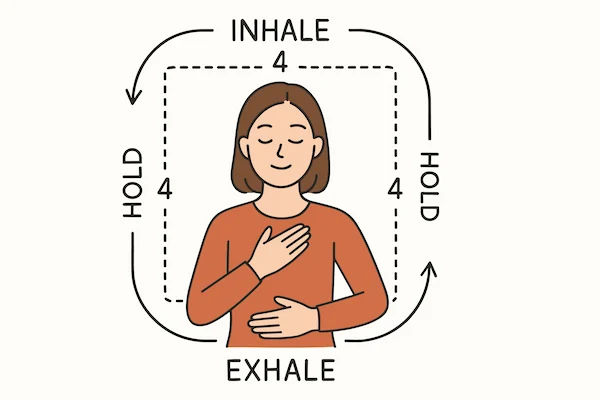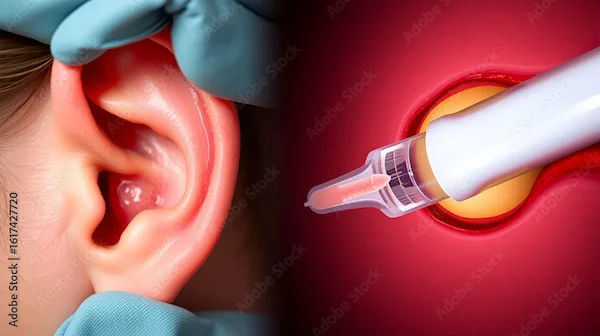Understanding Amyotrophic Lateral Sclerosis
Learn about Amyotrophic Lateral Sclerosis (ALS), its symptoms, causes, effects on daily life, and available treatment options to better understand and manage this progressive neurological condition.


Introduction
Amyotrophic Lateral Sclerosis (ALS), often referred to as Lou Gehrig's disease, is a rare but serious neurological condition that affects the nerve cells responsible for controlling voluntary muscle movements. Over time, ALS leads to muscle weakness, difficulty speaking and swallowing, and eventually, breathing problems. While there is currently no cure for ALS, understanding the condition, its symptoms, and available treatments can help patients and their families manage it better.
What is ALS?
ALS is a progressive neurodegenerative disease that damages motor neurons, the nerve cells in the brain and spinal cord that control muscle movement. As these neurons deteriorate, the brain loses its ability to initiate and control muscle movement, leading to muscle weakness, paralysis, and, in later stages, difficulty breathing.
Consult a Neurologist for the best advice
Symptoms of ALS
The symptoms of ALS vary from person to person, but they generally worsen over time. Common early signs include:
- Muscle weakness – Often starting in the hands, arms, legs, or feet.
- Difficulty walking – Tripping, stumbling, or dragging one foot.
- Slurred speech – Trouble speaking clearly or swallowing.
- Muscle cramps and twitching – Especially in the arms, shoulders, or tongue.
- Difficulty with fine motor skills – Such as buttoning a shirt or holding objects.
As the disease progresses, symptoms may include:
- Severe muscle atrophy (shrinking).
- Difficulty breathing due to weakened respiratory muscles.
- Loss of the ability to speak, eat, or move independently.
Causes and Risk Factors
The exact cause of ALS is still unknown, but researchers believe a combination of genetic and environmental factors may contribute. Some known risk factors include:
- Genetics – About 5-10% of ALS cases are inherited (familial ALS).
- Age – Most people diagnosed with ALS are between 40 and 70 years old.
- Gender – Men are slightly more likely to develop ALS than women.
- Smoking and environmental toxins – Some studies suggest a link between smoking, heavy metal exposure, and ALS.
How ALS Affects Daily Life
Living with ALS can be challenging, both physically and emotionally. As muscle control declines, everyday activities like walking, eating, and speaking become difficult. Many patients require assistive devices such as wheelchairs, speech-generating devices, or feeding tubes. Despite these challenges, many people with ALS maintain a good quality of life with the right support and care.
Managing ALS: Treatment and Support
While there is no cure for ALS, treatments can help manage symptoms and improve quality of life. Some key approaches include:
Medical Treatments
- Medications – Drugs like Riluzole and Edaravone may slow disease progression.
- Physical therapy – Helps maintain muscle strength and mobility.
- Speech therapy – Assists with communication and swallowing difficulties.
- Respiratory support – Breathing devices like ventilators may be needed in later stages.
Lifestyle and Home Care
- Healthy diet – Soft or liquid foods may be necessary if swallowing is difficult.
- Exercise – Gentle activities like stretching can help maintain flexibility.
- Emotional support – Counseling or support groups can help patients and families cope.
When to See a Doctor
If you or a loved one experience persistent muscle weakness, difficulty speaking, or unexplained twitching, it’s important to consult a neurologist. Early diagnosis can help in managing symptoms more effectively.
Final Thoughts
ALS is a challenging condition, but with the right medical care, support, and lifestyle adjustments, patients can maintain a meaningful life. If you or someone you know is experiencing symptoms, don’t hesitate to seek medical advice. Early intervention can make a significant difference in managing the disease.
Consult a Neurologist for the best advice
Consult a Neurologist for the best advice

Dr. Amit Kapoor
Neurosurgeon
18 Years • D.N.B NeuroSurg.
Delhi
Apollo Hospitals Indraprastha, Delhi

Dr. H Rahul
Neurologist
10 Years • MBBS, MD(Gen. Med.), DM(Neuro)
Secunderabad
Apollo Hospitals Secunderabad, Secunderabad
(100+ Patients)

Dr. Suresh P
Neurologist
9 Years • MD, DM(Neuro)
Madurai
Apollo Speciality Hospitals KK Nagar, Madurai
(25+ Patients)

Dr. Dipti Ranjan Tripathy
Neurologist
15 Years • MBBS, MD (GENERAL MEDICINE ),DM (NEUROLOGY)
Rourkela
Apollo Hospitals, Rourkela, Rourkela

Dr. Sarthak Mehta
Neurologist
6 Years • MBBS , MS Mch ( Neuro )
Bengaluru
Apollo Clinic, JP nagar, Bengaluru
Consult a Neurologist for the best advice

Dr. Amit Kapoor
Neurosurgeon
18 Years • D.N.B NeuroSurg.
Delhi
Apollo Hospitals Indraprastha, Delhi

Dr. H Rahul
Neurologist
10 Years • MBBS, MD(Gen. Med.), DM(Neuro)
Secunderabad
Apollo Hospitals Secunderabad, Secunderabad
(100+ Patients)

Dr. Suresh P
Neurologist
9 Years • MD, DM(Neuro)
Madurai
Apollo Speciality Hospitals KK Nagar, Madurai
(25+ Patients)

Dr. Dipti Ranjan Tripathy
Neurologist
15 Years • MBBS, MD (GENERAL MEDICINE ),DM (NEUROLOGY)
Rourkela
Apollo Hospitals, Rourkela, Rourkela

Dr. Sarthak Mehta
Neurologist
6 Years • MBBS , MS Mch ( Neuro )
Bengaluru
Apollo Clinic, JP nagar, Bengaluru




